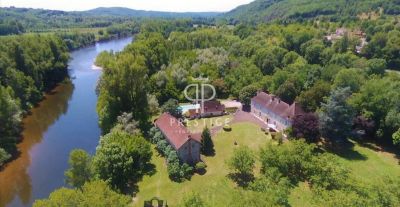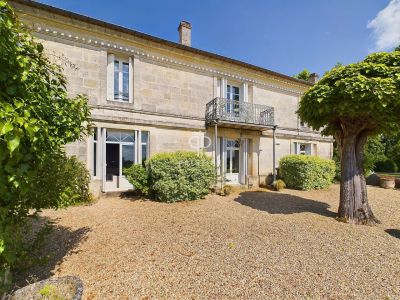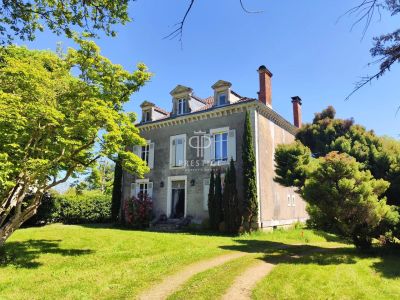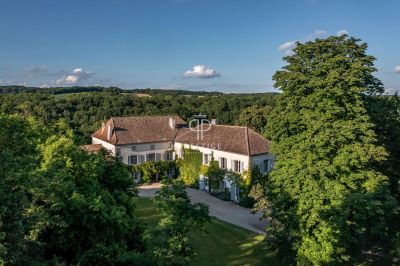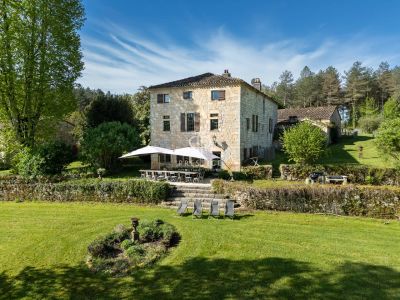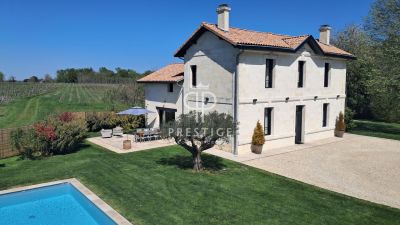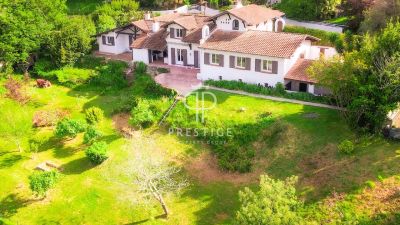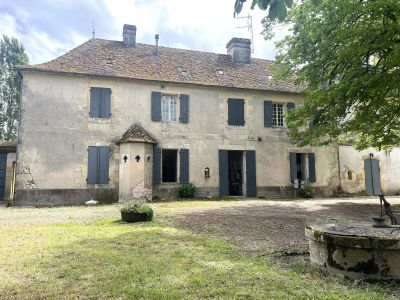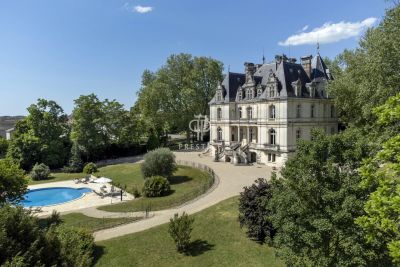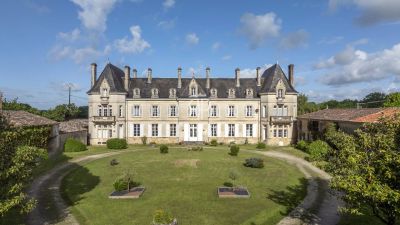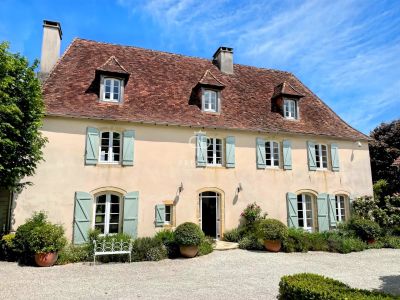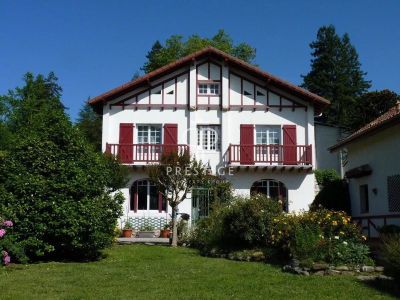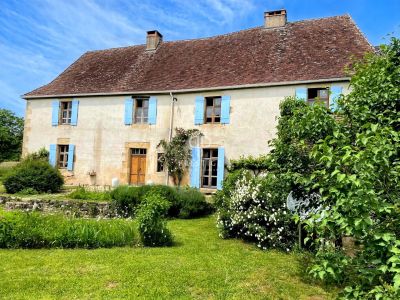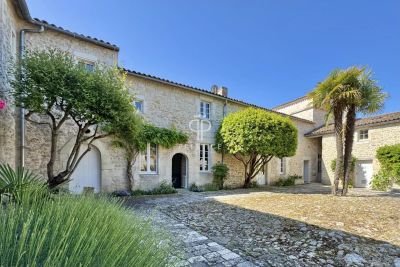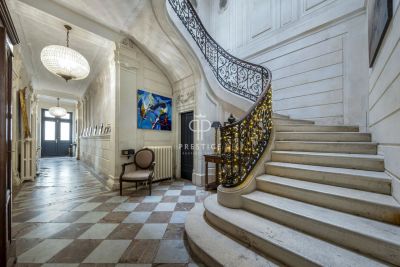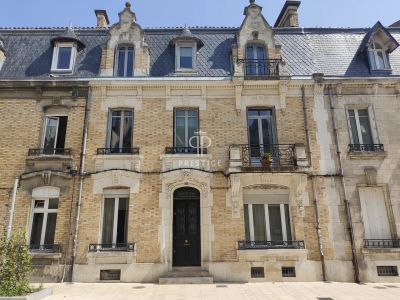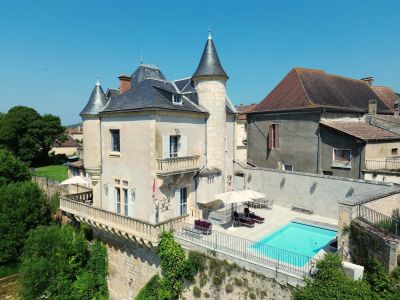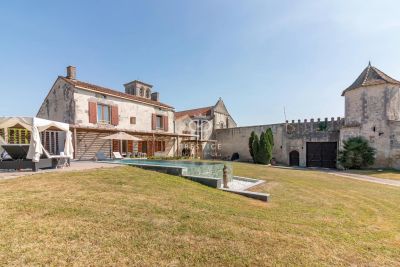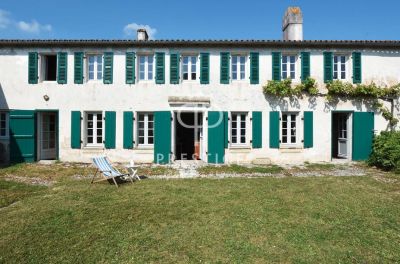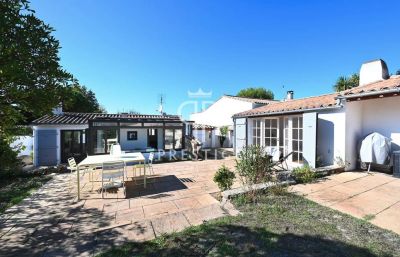Poitou Charentes Property
Area Guide
The Area
The Departments of the Charente Maritime, Deux Sevres and the Vienne represent together the Poitou Charente Region of South West France. From the ancient port of La Rochelle to the vast sea-faring estuary of the Gironde, the Atlantic coast with its sandy beaches and attractive islands provides a playground in summer with resorts to suit all ages and all tastes. The fenlands of the River Seudre are the breeding grounds of many species of waterfowl and the home of some of France's most famous oyster beds.
From its estuary at Rochefort to its source in the wooded hills beyond Angouleme, the River Charente dominates the region and offers pleasure boating, fishing, water sports or just a pleasant backdrop to this delightful area.
The area abounds in history with Roman ampitheatres, Norman churches, trails of the Christian Pilgrims and the Knights Templars, evidence of the Moorish occupation under the Ottoman Empire, the birth place of King Francois I of France in Cognac and most recently providing a final resting place to former President Mitterand in his home town of Jarnac.
Communications - Only five hours from the western Channel ports by car using either the A83 for La Rochelle and Niort or if coming from the Euro Tunnel, the A10 to Poitiers. The N10 trunk road traverses the region via Angouleme. If you prefer to use the train, you can be in Poitiers in five hours from London or Angouleme in six hours by the TGV high speed service.
Activities
All sports are available in this area. There are four golf courses in the Charente - three nine hole and one 18 hole international standard at Cognac - and three in the Charente Maritime - at Saintes, Royan and La Rochelle.
Almost every town has a football stadium and tennis courts, there are river, lake and sea sports, cycling, rambling, horse riding and racing, go-karts and moto-cross, rugby, fishing and many more.
Other leisure facilities include rambling, music concerts, cinemas, theatre, Veteran car rallies, festivals, markets and restaurants.
Buying a Property in France
1. Signing the Agreement (Compris)
On finding a property you wish to purchase you will need to negotiate the terms, price and conditions of the sale with the owner.
The next step, once you are in agreement, is to sign the preliminary contract (Compromis de Vente). This is a legal document and after ten days will be binding on both parties. Rules change frequently in France and it is best to consult with your notary about when this period starts. Generally the compris will be signed in France with the Agent.
Variants can be included in the compris, for example an Acte (clause) can be added if the name or names to go on the title deed have not been finalised. If a mortgage will be required to purchase the property, the details for this, including the name of the mortgage company, must be on the compris.
2. Paying the Deposit
Generally the deposit will be 10% of the agreed purchase price. This will normally be paid to the notaire. There are exceptions to this, if the agent holds a carte professionelle, is bonded and fully registered then you may pay them, but do not hand over the deposit to anyone else. If for some reason the purchase does not go through, for example, if you write to the notaire and the agent that you do not wish to go continue with the purchase before the contract is binding (within seven days of signing the compris), then your deposit would be repaid. This would also apply if a condition had not been met, or the mayor or S.A.F.E.R. (a government agency that has the right of first purchase on most rural property that comes onto the market in France) could oblige the purchaser to give way. If you decide after the seven days 'cooling off' period that you do not wish to complete the purchase and pull out of the sale you would lose your deposit. If however the vendor pulls out of the sale then you will receive your deposit back plus the same amount from the vendor.
3. On Completion
Generally it will take around two or three months to complete the purchase.
During this time the balance of the purchase money must be paid into the account of the notaire, this must be done well ahead of the completion date. The notaire will prepare the documents, check that the deed of sale (Acte de Vente) is in order and have the legal title ready to be signed over. It is possible to have someone sign on your behalf if you give them power of attorney. An interpreter may be of use at this point if your French is not very good and many Notaires will suggest (or insist) that an interpreter is with you.
